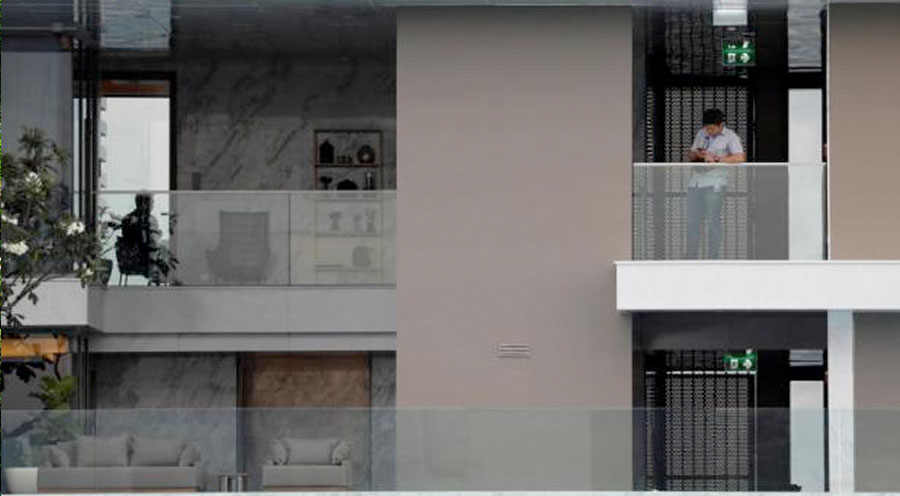08 Mar Chinese millennials snap up SE Asian apartments
BEIJING: Ice Chen, a 36-year-old bank manager in Beijing, hasn’t been to Bangkok lately, but she just bought two apartments there.
The millennial is among younger Chinese flocking to specialist online platforms to buy international real estate.
The biggest of the sites, Uoolu.com, reported a 60% surge in transactions to fivew billion yuan ($740 million) in 2018 and predicts a doubling this year. Much of the money is flowing to destinations in Southeast Asia, where prices look cheap compared to Beijing or Shanghai.
“The demand is very strong among the middle class holding extra cash,” said Liu Yuan, the Shanghai-based head of research at property broker Centaline Group. “Purchases have become simpler with online platforms.”
Driving the boom are the younger, tech-savvy generations, according to Uoolu, which was founded in 2015 and competes with the likes of Shiju, the overseas property unit of Shenzhen World Union Properties Consultancy Inc, and Seattle-based Beimeigoufang.com, whose name means “buying properties in North America.”
Convenience is the lure. Buyers can select a property within hours by making an initial payment of less than $1,500. As a one-stop-shop, Uoolu is also a conduit for purchasers to get mortgages from overseas banks, find tenants and collect rent.
Among buyers, about half purchase without visiting the property, while about 22% buy sight unseen and all online, without phone calls or a face-to-face meeting with an agent.
Southeast Asian property may be popular because the low prices mean down payments are manageable for buyers navigating China’s currency controls, which include a $50,000 annual foreign-exchange quota. (There’s also an official ban — which it’s possible to skirt — on putting the money into overseas property.)
As well, countries such as Thailand, Indonesia and the Philippines lack the barriers to foreign purchases erected in New Zealand, Canada, Singapore and Australia.
Thailand was the most popular destination last year for Chinese buyers searching through Juwai.com, a site for international properties. Buyers from mainland China and Hong Kong bought about 15,000 new Bangkok apartments, half of all purchases by foreigners, the research provider estimates.
The motivation for offshore investments isn’t hard to fathom. While China’s real estate market is showing signs of faltering, many homes are pricey after the market’s lengthy bull run, and there’s a web of government controls that restrict purchases.
Throw in uncertain prospects for the yuan, and diversification looks appealing.
While online transactions are booming, more traditional agencies still dominate and many people would never think of buying a property — especially an expensive one — without visiting it.
Overseas purchases through Jones Lang LaSalle Inc continued to grow last year, while at Homelink Overseas Property, the international unit of one of China’s largest realtors, business more than doubled.
Many buyers need a lot of hand-holding and guidance, digging into issues such as location, transportation and schooling, according to Joanna Burger, head of international residential for North China at JLL.
For the likes of Chen, the bank manager, however, the click-to-buy approach has worked well enough for now. She’s happy with a 6% rental return on her Thai homes, which were purchased by selling a Beijing apartment that generated just a third of that.
“In Bangkok, the prices are much lower, the climate is good, it’s suitable for retirement life, and also easy to rent,” Chen said, browsing booths at a Beijing forum where developers from the US to Indonesia were advertising projects.
Now, she’s plotting her next purchase — maybe in Cambodia.

